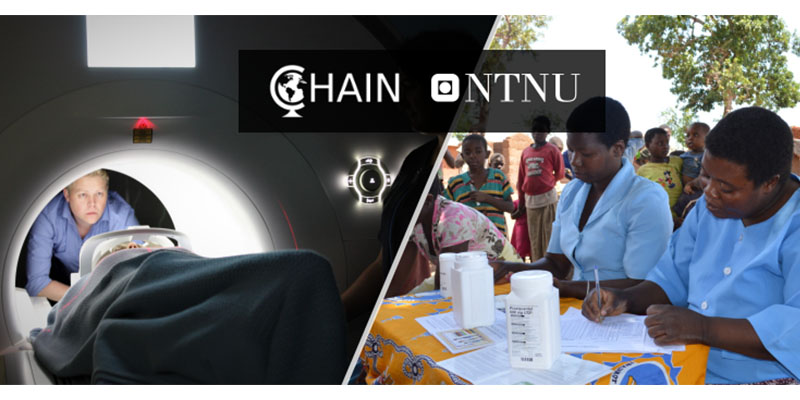Global Health Inequalities – CHAIN – Centre for Global Health Inequalities Research
- Projects
- Global Health Inequalities
- European Social Survey (ESS)
- Trade, Labour Market and Health
- Health Inequalities and Technology – HEALTech
- Ethnicity and health in South African
- Health Inequalities in European Welfare States – HiNEWS
- Health Inequalities in migrant population – MIGHEAL
- Refugee health in Greece – REHEAL
Global Health Inequalities
Global Health Inequalities

In 2018, CHAIN was awarded a major grant aimed at supporting core research groups in the field of public health (miljøstøtte) from the Norwegian Research Council’s BEDREHELSE program (project number 288638) for the period 2019 – 2024. The official name of the project is the “CHAIN project”, but we are referring to it as the “global health inequalities project”.
Using a global approach, the Global Health Inequalities project identifies and analyses the most important determinants of health inequalities in different contexts, and the policy and responses that are most effective in reducing them.
The project’s research is coordinated through four work packages, each aimed at contributing to CHAIN’s Pillars: monitoring, explaining and reducing health inequalities, and bridging research, policy and practice.
- Monitoring health inequalities: Building on the Global Burden of Disease studies, our researchers collect and harmonise data on health inequalities and their determinants covering all world regions. This data is used to develop the Global Burden of Health Inequalities (GBHI) data warehouse, which forms the foundation for our work to explain and reduce health inequalities.
- Explaining health inequalities: Our researchers assess the magnitude of health inequalities and identify their drivers through studies that relate socioeconomic position to specific social determinants. Specific attention is paid to determinants that play a role in and during children’s development, using results from various studies, such as the NeuroTox study, and TESS and ALSPAC cohorts.
- Reducing health inequalities: Through systematic reviews and evaluation studies, we identify specific policy and programme interventions that are effective in reducing social inequalities in health in different regions. To do this, we look at a variety of interventions, such as those specifically focused on children in low- and middle-income countries or on trade, the labour market and health, and specific health interventions such as cancer screening programs.
- Bridging research, policy and practice: This work package focuses on dissemination, knowledge transfer and translation of findings to policy and practice collaborations. We specifically target policy- and decision makers and practitioners in the fields of health, environmental, social and corporate policy through capacity building activities, policy exchanges at local, national and international level, publications in scientific and popular magazines, policy briefs and other communication activities.
In the Global Health Inequalities project, CHAIN works together with several prominent public health actors and experts.
